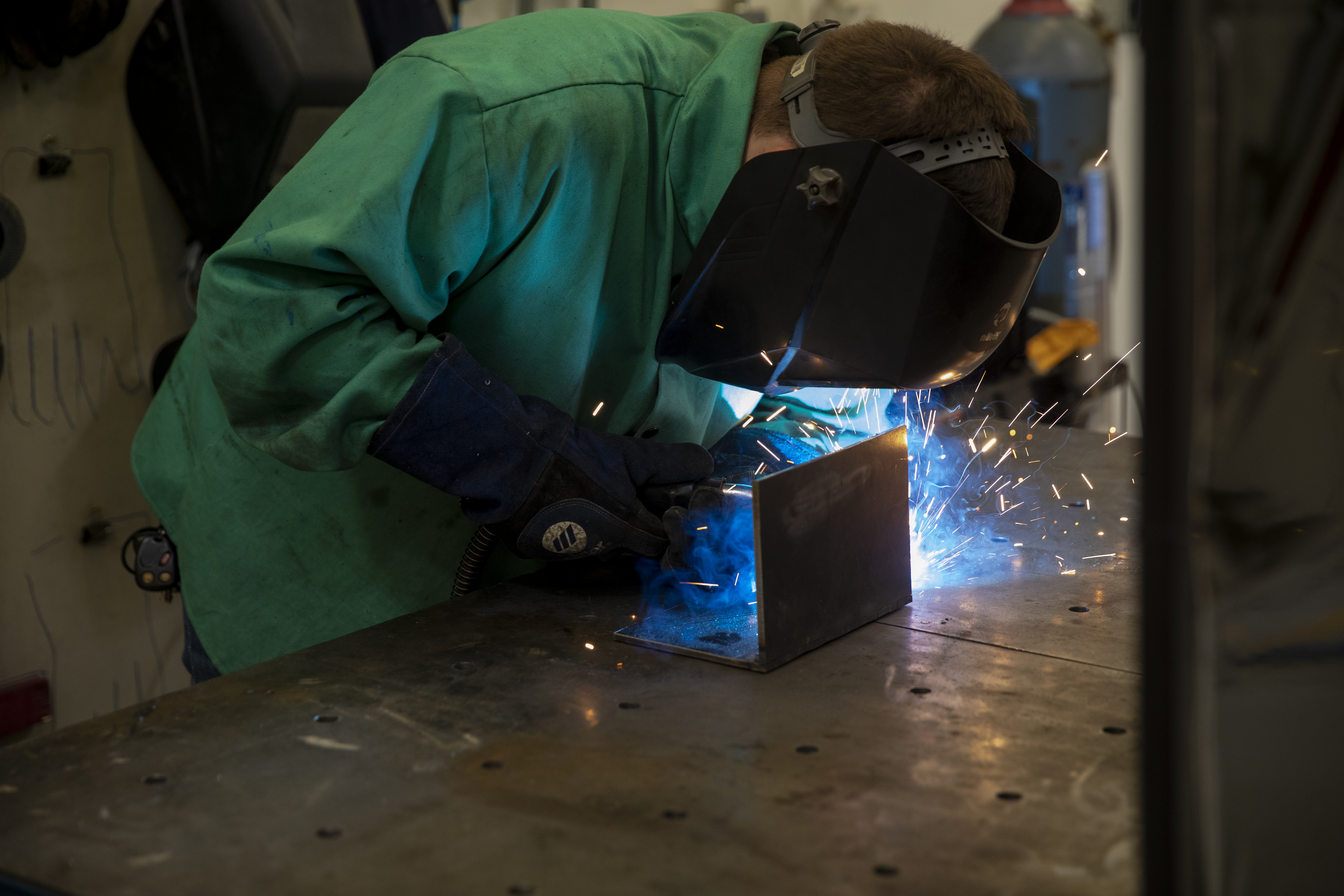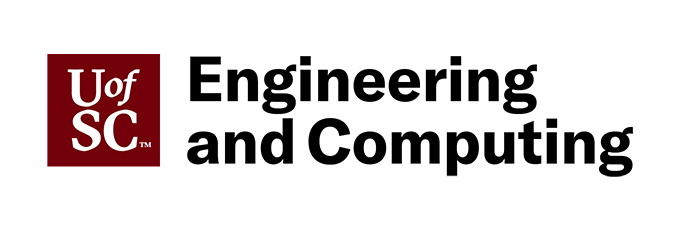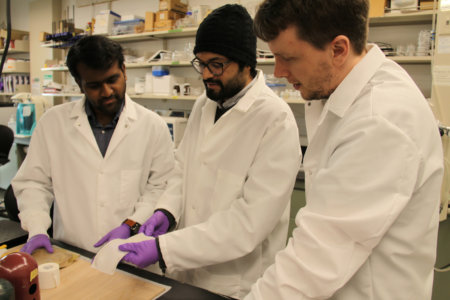To the casual observer, disciplines within the engineering umbrella might seem different. But there is still a common goal engineers of all specialities strive to achieve — creating solutions by building, designing and sharing products and services that can better our lives exponentially.
As our world becomes increasingly environmentally conscious, many institutions of higher education are tweaking their engineering modules. However, few come close to the College of Engineering and Computing (CEC) at the University of South Carolina (UofSC) — where budding world-changers are developing new technologies for the greater good. Of course, the only way for them to evolve into competent professionals is by collaborating with passionate experts. For example, Associate Professor Fabio Matta is a faculty member who believes sustainability is a topic that tomorrow’s engineers must explore.
“Sustainability charts a path for society to develop by equally meeting the needs of current and future generations,” he says. “It does so by recognising our limitations, such as non-renewable resources and budget constraints, and prioritising those of us who are more in need. This work is ahead of us. One may see it in the pace of the 21st century advances in affordable and safe housing, a basic need for a modern society where we must and can do better.”
Matta is the graduate director of the Department of Civil and Environmental Engineering. The department is home to both a Master of Science (M.S.) in Civil Engineering and a Master of Engineering (M.E.) in Civil Engineering. Both provide students with comprehensive knowledge of the field’s current and future practices, research experiences and skills for lifelong learning, and professional development.
The department offers a Doctor of Philosophy (Ph.D.) programme that focuses on research as well. It’s the ideal option for those seeking civil engineering faculty positions in higher education, as well as for some research and development occupations in industry and government laboratories.
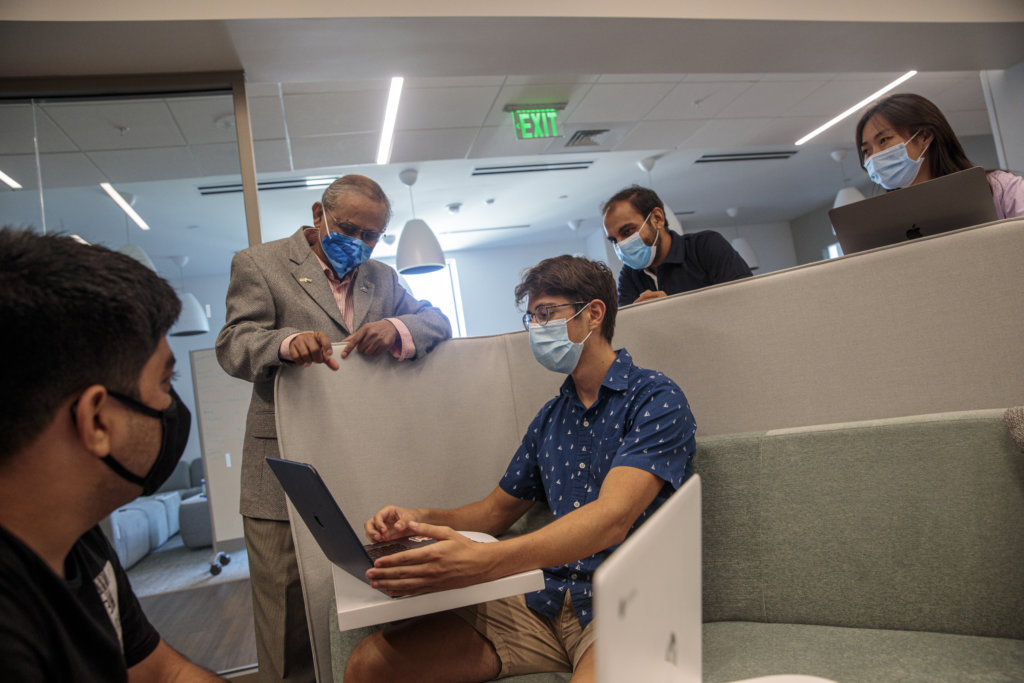
At the CEC, M.E. programmes are practically oriented, while M.S. options are considered to be more scholarly. Source: The University of South Carolina
The college’s mechanical engineering graduate courses are just as rigorous, enabling students to work alongside industry practitioners in state-of-the-art laboratories and research centres. M.E. and M.S. students on this path are given the chance to specialise in the areas of: advanced materials and multi-scale manufacturing, aerospace engineering, mechanics and multiphysics, thermo-fluids engineering, energy and fuel cells, biomedical engineering, nuclear engineering, nondestructive evaluation, smart structures and condition based maintenance, mechatronics, or nanotechnology.
Meanwhile, graduate-level chemical engineering qualifications focus on the core topics of: chemical process analysis, advanced chemical engineering thermodynamics, advanced fluid flow analysis, and advanced mass transfer. Elective courses are also available for students to tailor their academic journey to match their specific interests and professional aspirations. For all three subject areas, M.E. programmes are practically-oriented, while M.S. options are considered more scholarly. Research plays a massive role in evolving students into heroes as well.
The CEC’s active faculty members are heroes themselves, focusing their efforts on large projects with high societal impact. They cover everything from advanced manufacturing, artificial intelligence, energy storage and distribution, to intelligent infrastructure, nuclear energy, and transforming health care. Studies involve partnerships with global laboratories, industries and universities, and other colleges within UofSC.
Each is monumental. Thankfully, upon beginning a CEC programme, students typically never have to wait too long before being invited to witness and support discoveries made in state-of-the-art spaces — each of which is equipped with industry-level tools and resources.
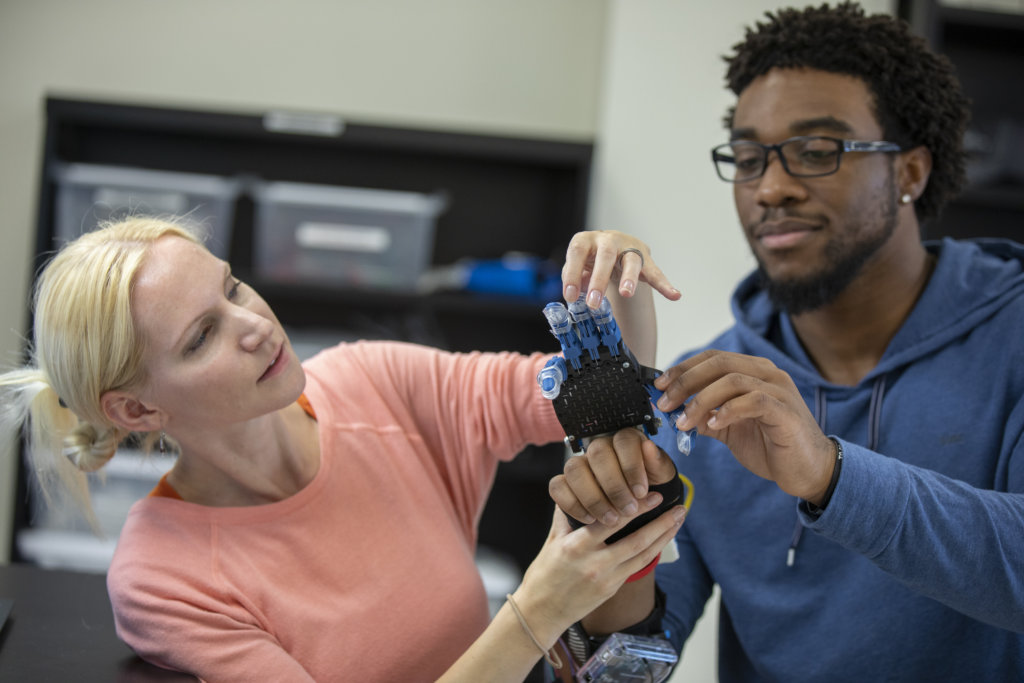
Faculty members at the CEC are committed to working on complex projects. Source: The University of South Carolina
Associate Professor Inthuorn Sasanakul’s doors are always open. Her research is devoted to safeguarding South Carolina’s infrastructure from even the worst natural disasters. Since UofSC is one of approximately 20 locations with a centrifuge — a machine that spins at a speed of more than 100 Gs — Sasanakul and her students have been able to simulate the conditions of the earth’s rotations to accurately replicate the conditions of dams, bridges and roads in a lab setting. They also use an earthquake shaker, which is only available at less than 10 other institutions in the U.S.
It’s clear that opportunities abound at the CEC for students keen on changing the world. Civil engineer Mabel Cuellar discovered her ability to do so during her time here as a Ph.D. student.
“Sustainability is important in every human activity that requires the use of resources. Our decisions on how to design and build a project have a great impact on the environment; however, this is not always in mind when products are engineered,” she says.
“We must place an emphasis on sustainable development in engineering education and apply it to every solution. I apply sustainability in my career by advocating for the use of sustainable techniques and by finding the most effective approach to a problem. From my perspective, that means providing a product or solution that is safe while using the least amounts of resources possible.”
Follow the University of South Carolina on Facebook, Instagram and Twitter.

